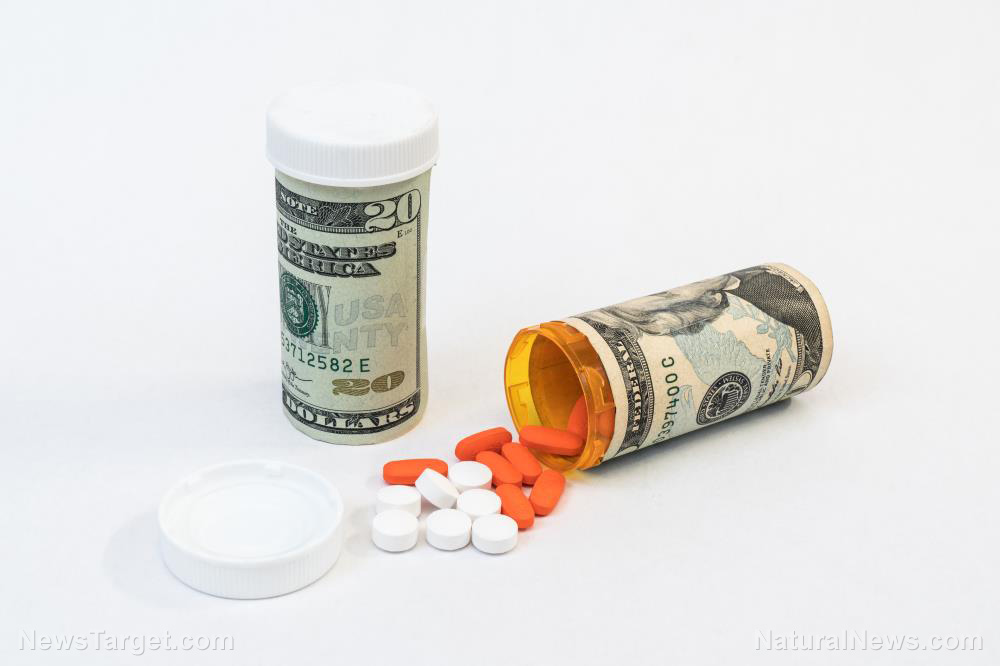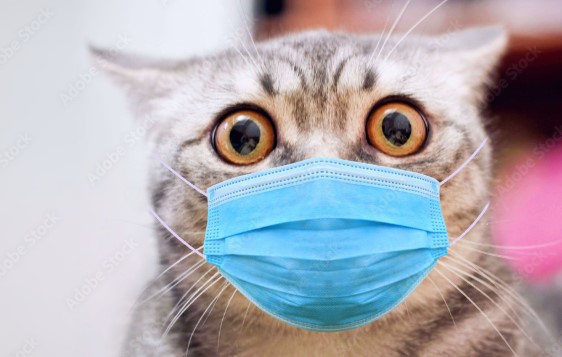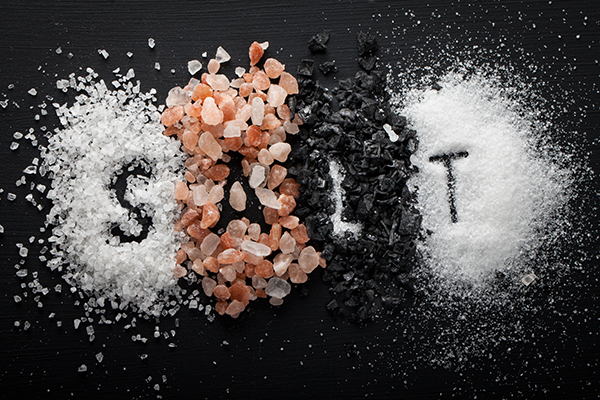Health agencies to set price targets as part of Trump’s executive order to slash U.S. drug prices
05/22/2025 / By Cassie B.

- President Trump signed an executive order implementing a Most-Favored-Nation pricing model to align U.S. drug costs with the lowest global prices.
- The policy targets brand-name drugs without competition, potentially saving $88 billion over seven years and ending “foreign freeriding” on U.S. innovation.
- Pharmaceutical companies must match OECD country prices or face enforcement, with Medicare Part B and Medicaid included in the plan.
- Big Pharma opposes the move, but critics argue the U.S. has unfairly subsidized global discounts while patients suffer.
For decades, American patients have been held hostage by pharmaceutical giants charging outrageous prices for life-saving medications — prices far higher than what citizens of other wealthy nations pay for the exact same drugs. But now, under President Donald J. Trump’s leadership, the U.S. government is finally fighting back. On May 12, Trump signed an executive order directing the Department of Health and Human Services (HHS) and the Centers for Medicare and Medicaid Services (CMS) to implement a Most-Favored-Nation (MFN) pricing model, forcing drugmakers to align U.S. prices with the lowest costs available in economically comparable countries, and they’re already working to set price targets.
This bold move, targeting brand-name drugs without generic competition, could save American taxpayers $88 billion over seven years while dismantling Big Pharma’s predatory pricing schemes.
Ending “foreign freeriding” on American innovation
The MFN policy is designed to stop what Trump calls “foreign freeriding” — the practice of other nations leveraging their government-run healthcare systems to demand steep discounts from drug manufacturers, who then pass the inflated costs onto American consumers. “In case after case, our citizens pay massively higher prices than other nations pay for the same exact pill, from the same factory, effectively subsidizing socialism abroad with skyrocketing prices at home,” Trump said.
HHS Secretary Robert F. Kennedy Jr. echoed this sentiment, declaring, “For too long, Americans have been forced to pay exorbitant prices for the same drugs that are sold overseas for far less. That ends today.” The policy will initially apply to Medicare Part B drugs, with Medicaid expected to follow.
How the MFN model works
Under the new framework, pharmaceutical companies must match the lowest price offered in any Organisation for Economic Co-operation and Development (OECD) country with a GDP per capita of at least 60% of the U.S. This includes nations like Germany, France, and Japan, where patients often pay just a fraction of U.S. prices. CMS Administrator Dr. Mehmet Oz emphasized that the policy targets drugs lacking generic or biosimilar competition, where monopolistic pricing is most egregious.
If manufacturers refuse to comply, HHS will impose regulatory measures to enforce MFN pricing. The order also allows Americans to purchase drugs directly from manufacturers at the global lowest price, bypassing middlemen who inflate costs.
Big Pharma’s predictable outcry
Unsurprisingly, the pharmaceutical industry has pushed back, with lobbyists warning of stifled innovation and reduced access to new treatments. The Pharmaceutical Research and Manufacturers of America (PhRMA) claimed the policy would discourage investment in research, while the Biotechnology Innovation Organization (BIO) argued it would harm smaller biotech firms.
But these excuses ring hollow. The U.S. funds roughly 75% of global pharmaceutical profits while representing less than 5% of the world’s population. Drugmakers have long relied on American patients to subsidize their global discounts in a blatant abuse of free-market principles.
This isn’t Trump’s first attempt to rein in Big Pharma. A similar MFN proposal in 2020 was projected to save billions but was blocked by legal challenges. Now, with renewed momentum, the administration is expanding the effort to include Medicaid and direct purchasing options.
Wall Street analysts remain skeptical about full implementation, with some dismissing the order as a negotiating tactic. But with pharmaceutical stocks already down 5% in 2025, the industry is clearly rattled.
A win for American patients
President Trump’s executive order marks a critical step toward ending Big Pharma’s price-gouging monopoly. By demanding fairness for American consumers, the MFN model challenges a corrupt system that has profited from suffering for far too long. As Kennedy warned, manufacturers must lower prices or face the consequences. For the first time in decades, the U.S. government is putting patients before profits.
The battle is far from over, but this is a fight worth waging. The era of American taxpayers bankrolling the world’s cheap medicines must end.
Sources for this article include:
Submit a correction >>
Tagged Under:
big government, Big Pharma, drug prices, health freedom, HHS, Medicare, money supply, pharmaceutical fraud, politics, Prescription drugs, Price gouging, progress, RFK Jr, Trump, White House
This article may contain statements that reflect the opinion of the author





















